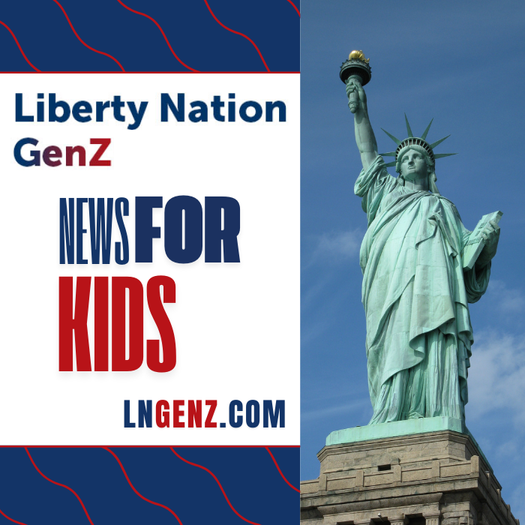Plus, China reportedly is exempting import duties for some US goods.
It’s been another week with another major company shifting manufacturing to the United States. Automakers, fearful of drowning in a pool of tariff-driven red ink, are attempting to appease President Donald Trump – and their obsequious behaviors are being rewarded. The White House is adjusting the 25% tariffs on imported vehicles and foreign car parts, making those manufacturers happy.
Automakers Coming to America
Mercedes-Benz announced on May 1 that it will add a new vehicle to its factory in Alabama, localizing production of the “core segment” vehicle at its Tuscaloosa plant. While the company did not share details about the automobile, the facility primarily creates SUVs and exports 60 percent of the assembled cars.
“We are getting even closer to the U.S. customer by localizing a core segment model in Tuscaloosa, strengthening our ties to the North American market where a range of Mercedes-Benz vehicles including the GLE and GLS models have their roots,” said Mercedes-Benz North America CEO Jason Hoff in a statement.
Mercedes-Benz joins the growing list of US and foreign automakers bolstering domestic production. Germany’s BMW, for example, is adding shifts to expand output in South Carolina. South Korea’s Hyundai plans to invest $20 billion in US car manufacturing. Nissan is reportedly moving production from Mexico to the United States.
Tariff Respite
The administration unveiled details of its plan to provide tariff relief to automakers, further demonstrating the president’s softening of his hardline trade stance.
In an effort to offset the cost of tariffs on manufacturing and assembling vehicles in the United States, the White House will extend credits and reimbursements for up to 15% of the value of cars made domestically. Additionally, US officials will ensure automakers do not face adjacent tariffs, such as 25% levies on steel and aluminum or 10% universal baseline import duties.
Still, this does not mean the auto industry will have immunity from the punitive penalties of tariffs. “If you build your car elsewhere and bring them in on a ship, right, you are going to be at a very, very big disadvantage,” a senior administration official said during an April 30 press call.
Is China Ready to Talk?
Trump has insisted China needs the United States more than America needs Beijing. At the same time, the president has shown a readiness to talk trade if Chinese leader Xi Jinping picks up the phone. While the Chinese Communist Party has denied these statements, the regime is ostensibly extending its hand of good faith.
According to Bloomberg News, China has quietly begun exempting an increasing list of US goods from tariffs, affecting approximately $40 billion worth of imports, or one-quarter. The US Chamber of Commerce suggested these exemptions have been provided to the US aviation, health care, and IT industries.

“Our view has been that exempting critical, hard-to-replace US products from tariffs would be a pragmatic approach that could ease tensions with the US and serve the interests of Chinese industry,” said Chang Shu, the chief Asia economist at Bloomberg News. “Anything that helps lower the temperature in the trade war is also beneficial from the perspective of avoiding broader clashes with the US.”
Liberty Nation News’ Senior Political Analyst Tim Donner recently reported that Trump’s tariffs are “crushing China.” Imported goods from Asia are down 10% at the Port of Los Angeles compared to a year ago. “Factory activity in China has dropped to its lowest level in two years – this in a country already suffering from a gross excess of empty property,” Donner wrote.
Indeed, industry data signal that US-China trade activity is beginning to freeze. Freight vessels leaving China and heading to California have tumbled by 29%. Late last month, US imports from China declined by 64%. Container shipping firms also report that 30% of shipments from China to the United States have been canceled.
Treasury Secretary Scott Bessent may have been right after all when he said both sides would eventually de-escalate since the two countries have essentially imposed an embargo on each other.
Liberty Nation does not endorse candidates, campaigns, or legislation, and this presentation is no endorsement.
















